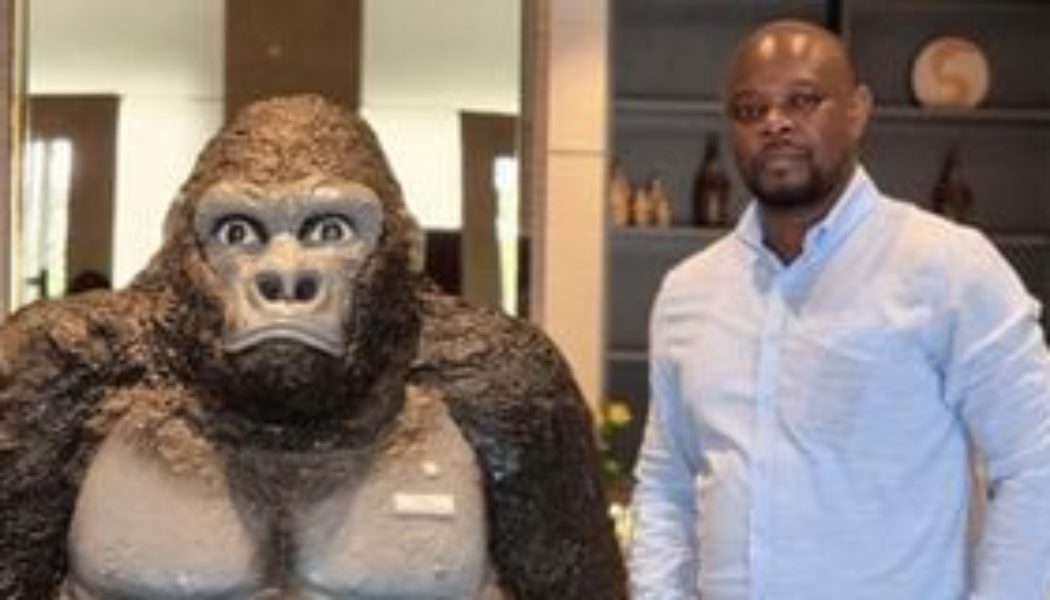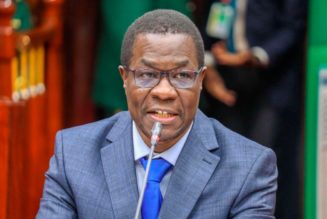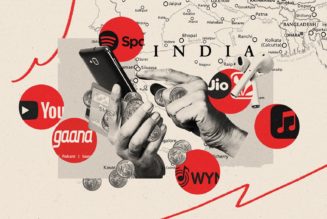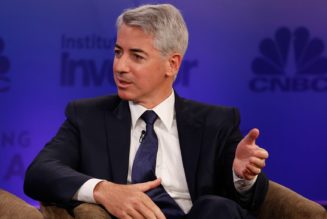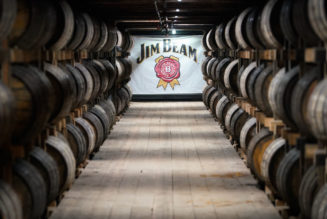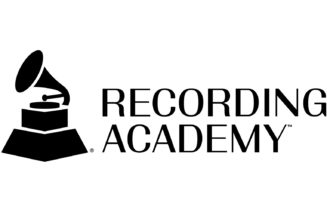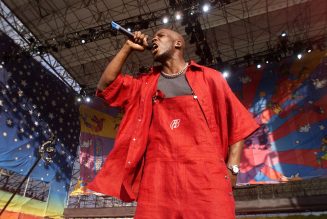Kelvin Oriwo’s father was a strict disciplinarian, a man of black and white. Bridges were not burned, but they were certainly left smouldering. Now as a parent, Oriwo tries to bring colour to his parenting—his children’s friend, never their best friend.
But if there is one thing, the CEO of Actom Kenya—a manufacturer, repairer, and distributor of electro-mechanical equipment in Africa picked from his father is the love for books. How he became strategic, how he loved the road, and not just because his father owned a Black Mamba. It’s a human condition, we tend to regress to the mean. What’s that the wise men said? A man meets his destiny on the road he takes to avoid it.
How are you not letting our work drown you?
I live in Nairobi. I take a break from my crazy everyday life. I have three meetings a day from morning to evening in Nairobi.
That sounds excessive…
I run an operation with 71 members of staff, a factory and several partners. We are a subsidiary of Actom Global in Johannesburg, South Africa, so we have meetings with people in Nairobi, then the region…
How do you let your hair loose?
I am a small-time writer. I have notebook journals. I also love driving out of town, to a tiny little forest, and finding a tree, and just writing. My notebooks are crazy.
I started journaling in 2006, and sometimes I go back and read and see what was going on then vis-à-vis now, and it can be amusing at times.
What’s one thing you have written in your journal that has remained consistent to date?
I was in my third year of university and had done quite badly in my exams. That was an unfortunate event, and I remember writing: “The only thing important in life is to answer, ‘What is the next shape in the pattern?’ That stems from Kelvin; how did you end up here? Can we trace your roots? What is the next shape that has stayed true to me—where is this leading, where is it going? What’s also remained consistent is the unpredictability of life, yet the absolute necessity to do and be our best.
In 2016, I lost a friend who was a poster boy for health—he had no history of sickness. You have to live your life the way plants live theirs; whether it is sunny or rainy, they just do their best, regardless of the circumstance.
Is that what you are thinking about when you are driving?
I don’t drive for adventure, just to clear my mind. I come from Yala, but back in 2010, I drove from Nairobi to Kigali, with no stops. I drive not to conquer the road, but myself.
Why driving?
I grew up around bicycles. My dad rode the Black Mamba, but I started driving after I started working. I loved the way the air slapped my face, and after two hours I just figured it was my thing.
What was your relationship with your father like?
I didn’t understand then, but as an adult with children now, I understand it was deliberate. He was a teacher, and we tended crops together in the village—he was pedantic about how one must do abc’s.
We had a home library, and he would make us borrow books from the library, read them in English, and then tell him the story in Luo. I thought he was being strict, but he taught me how to play draughts and chess, even when he would beat me.
That discipline and deliberateness are what make me succeed now, not this lovey-dovey kind of relationship. This is right, this is wrong.
How are you raising your children differently from how you were raised?
I was the eighth in a family of 10, five boys, and five girls. I have a boy and two girls, and I have a lot more conversations with them. I am deliberate about them understanding where money comes from, the value of relationships, and the basics. We are buddies. Which is something my father would not approve of.
Indeed. What has been an illuminating change that you got when you became a father?
I experienced what they call innocence. You hold your child and look at their face and see how helpless they are, totally dependent on you, it tickles something in your spirit. That very moment you can see the infinity of things—they will change with time.
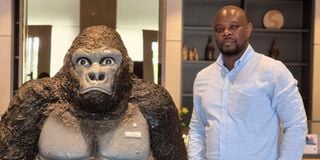
Kelvin Oriwo, CEO of ACTOM Kenya.
Photo credit: Pool
What would you teach your father about fatherhood?
Find time to be my friend. Let’s have other conversations that are not too instructive.
Did you eventually become friends?
Yes, he passed with the Covid wave, but we had already become friends so much I would travel to the village every two weeks. We would chat till 1am, trying to catch up with a lost friendship.
Speaking of, was there a sense of loss with fatherhood that you are filling now?
There is a way in which the proper presence of a father, the relationship we could have had with him being a senior man and me at the crux of manhood, left a lot of cracks that we try to fill with friends and older-looking people. That gap can only be filled by a father.
That must have been haranguing.
You can’t say I was the most disciplined of children either [chuckles]. That attracts a lot of punishment and can drive an emotional wedge between the two of you, but you always have to go back to the source.
What question are you asking yourself about fatherhood?
Am I doing it right? The answer is I don’t know but I am giving it my best. Everyday. There is no guarantee.
How are you like your father?
I am my father’s child. He is the ultimate strategist, he sees further and details the future to the t. That is him. That is me. I occupy the space I occupy now because I learned that from him.
What is a special treat you do for your children?
My son is 13 and cares only about his laptop, good Internet, and good food. Take him to a good food place and have an open bar for meat, you become best friends. My girls are sensitive, I must have FaceTime and video calls and talk to them about their dreams. There is quite a bit of hugging and shopping involved too.
And what do you do just for yourself?
I am always running a project, so when I can I go to a bookshop and get a book every month to fill my library.
What’s the last book you read that has stayed with you?
“Never Split the Difference” by Chirs Voss. Take the point away from what we think negotiating is about to what it really is about. Every deal I say yes or no to has an impact on me and the organisation. There is also the book called “Make Your Bed” by William H. McRaven, which underscores the importance of the tiny everyday things that shape us. I pick books based on the questions I am trying to answer in my life at that time.
What matters less than you thought it would?
Let me think about that one. [Thinks]. Over time, you realise nothing is constant. Certain acquisitions were significant, but you realise they are irrelevant, what is important is the experiences and who we become in the process. When I built my house, I thought it was a big deal, but after a while, it is not the thing, but the experiences that stay with you.
Which reminds me, what is a dumb acquisition that you keep buying?
Haha! Over the weekend I just wake up, book a flight, lie on the beach, order a beer, and then fly back. I do that a lot.
You are a beach person?
The vastness of the ocean and what it represents, God doing His thing without the intervention of men is quite inspiring.
What’s your weekend soundtrack?
I don’t have a weekend soundtrack. I could listen to one track the whole day depending on what is going on inside me, on a loop. But my go-to is country music.
Tell me something I wouldn’t believe about you.
I am the master of compartmentalisation. The world can be falling apart around me, and I will still be the calmest person in the room, and you will never know if I don’t tell you.
What is a weekend hack you know that could make my weekends better?
Get away from your life from time to time.
If you could tell me just one thing, what would you tell me?
Every single day, the best or nothing. You are in charge of effort; results are not your thing. You are responsible for your effort.
Who do you know that I should know?
God. Not in the religious space, but in the sense of the entity of being that holds all of life together.
When you see the order in life, before human beings interfere, whoever you want to call that entity or being—find a way to know him. Then you will not need to know too many other people.
